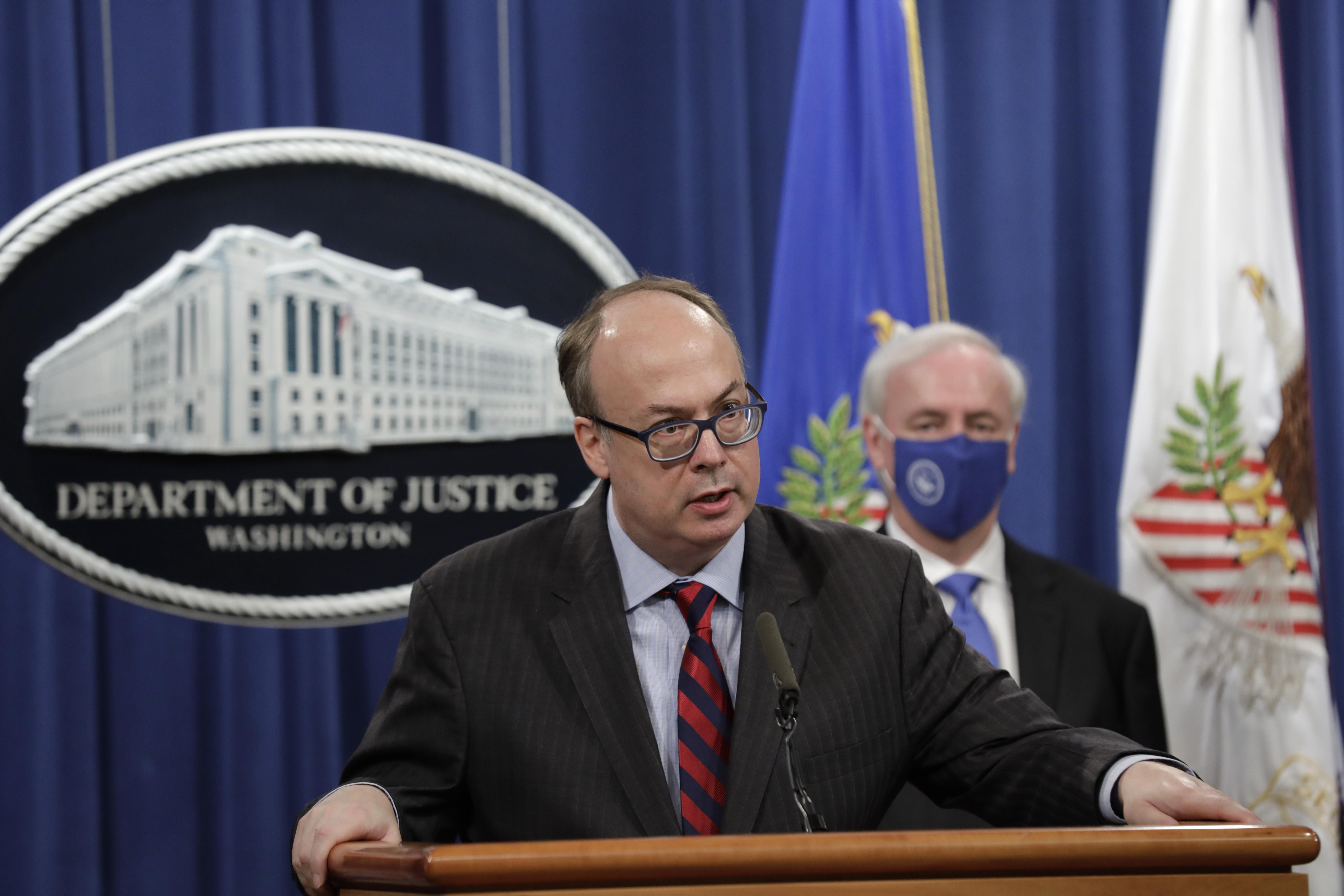The Donald Trump administration almost had a Saturday Night Massacre of its own in the last weeks of the presidency. Trump devised a plan to oust the acting attorney general with a lawyer who was eager to push his baseless claims of voter fraud in Georgia but he ultimately never went through with the idea as Justice Department officials threatened to resign en masse, reported the New York Times in an account that was later confirmed by the Washington Post.
As Trump found it increasingly difficult to accept that he lost the election and grasped at any straw he could find to prove his baseless claims of voter fraud, particularly in Georgia, he kept getting pushback from the Justice Department. After Attorney General William Barr resigned, some thought Trump wouldn’t immediately push his replacement on the issue. But, of course, Trump did just that, and tried to pressure Jeffrey Rosen, the acting attorney general, to pursue the issue and appoint special counsels to investigate. Rosen refused, but Trump kept insisting. And at one point he met Jeffrey Clark, the acting head of the civil division who was on board with Trump’s push. Clark quickly got the ear of the president and started pressuring department leaders to take more actions to uncover the supposed fraud. Suddenly Trump planned to oust Rosen in order to replace him with Clark.
When word of the plan got to the senior leadership of the Justice Department, they all said they would resign if Rosen was fired. Many immediately saw the parallel to the 1973 Saturday Night Massacre, when then-Attorney General Elliot Richardson and his deputy resigned after Richard Nixon ordered the firing of the special prosecutor who was investigating him. Ultimately, Trump convened Rosen and Clark to the White House and had each present their point of view, a move White House officials said appeared eerily similar to an episode of the Apprentice. After three hours, Trump ended up siding with Rosen after several key officials warned of the chaos that would ensue if there were mass resignations at the Justice Department. “Before the insurrectionist assault on the US Capitol, there was an attempted coup at the Justice Dept. — fomented by the President of the United States,” former Justice Department official David Laufman wrote on Twitter.
Clark issued a statement saying he “categorically” denied coming up with a plan to get Rosen out of the department. “My practice is to rely on sworn testimony to assess disputed factual claims,” Clark said. “There were no ‘maneuver[s].’ There was a candid discussion of options and pros and cons with the President. It is unfortunate that those who were part of a privileged legal conversation would comment in public about such internal deliberations, while also distorting any discussions. . . . Observing legal privileges, which I will adhere to even if others will not, prevent me from divulging specifics regarding the conversation.”
